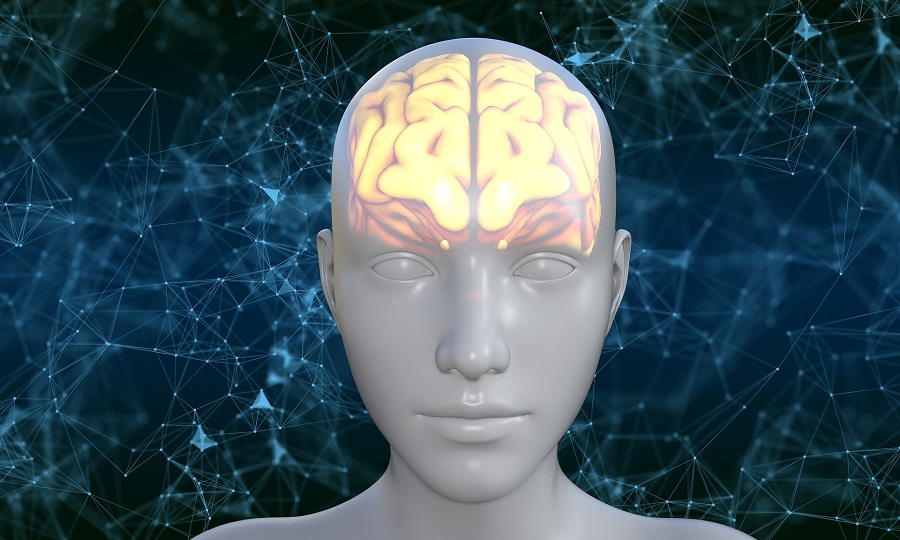Brain Awareness Week is organised at the University of Silesia in Katowice for the 13th time.
This year, the celebration takes place on 13-18 March 2023. For the participants, we have prepared popular science lectures they may participate in both online and on-site.
Although the event is addressed primarily to university and secondary school students, everyone who is interested in neurology, psychology and cognitive science is more than welcome to join.
SCHEDULE
13.03 (Monday)
- 4 p.m., Bartosz Baran, MSc (University of Silesia in Katowice) – ‘Bzyczę, więc jestem. Co badania nad owadami mogą powiedzieć o naszych umysłach?’ [I buzz, therefore I am. What may research on insects tell us about our minds?],
- 5.30 p.m., Prof. Włodzisław Duch (Nicolaus Copernicus University in Toruń) – ‘Mózg and neuroinformatyka’ [Brain and neuroinformatics],
14.03 (Tuesday)
- 4 p.m., Marita Pietrucha-Dutczak, MSc (Medical University of Silesia in Katowice) – ‘Czy oko nas oszukuje? Nie wierz we wszystko co widzisz’ [Do eyes deceive us? Don’t believe in anything you see],
- 5.30 p.m., Halle Dimsdale-Zucker, PhD (Columbia University in New York) – ‘Memory: What it is and how to use brain imaging to understand it’ (with Polish subtitles),
15.03 (Wednesday)
- 4-7 p.m., student lectures (university seminars),
16.03 (Thursday)
- 4 p.m., Rafał Czajkowski, PhD, DSc (Nencki Institute of Experimental Biology of the Polish Academy of Sciences in Warsaw) – ‘Jak się nie zgubić w swoim mieście? Zagadki pamięci przestrzennej’ [How not to get lost in your city? The mystery of spatial memory],
- 5.30 p.m., Paweł Boguszewski , PhD (Nencki Institute of Experimental Biology of the Polish Academy of Sciences in Warsaw) – ‘Czy istnieje wolna wola? Neuronaukowe podejście do pytań fundamentalnych’ [Does free will exist? Neuroscience approach to fundamental questions],
17.03 (Friday)
- 4 p.m., Prof. Michał Wierzchoń (Jagiellonian University in Kraków) – ‘Czy można nauczyć się widzieć za pomocą słuchu? O wpływie substytucji sensorycznej na mózg i zachowanie’ [Can we learn to see with hearing? How the sensory substitution impacts our brains and behaviour],
18.03 (Saturday)
- 4 p.m., Mateusz Gola, PhD, DLitt, Assoc. Prof. of IPs PAN (Institute of Psychology Polish Academy of Sciences, University of California San Diego) – ‘Gdy porno przestaje być sexi: Jak neuronauka pomogła nam zrozumieć nałogowe zachowania seksualne?’ [When porno is no longer sexy: how neuroscience allowed us to understand compulsive sexual behaviours], in cooperation with Copernicus: https://www.youtube.com/@CopernicusCenter,
- 5.30 p.m., Karina Maciejewska, PhD (University of Silesia in Katowice, Campus Bio-Medico University of Rome) – ‘Proces uwagi – jak działa filtr antyspamowy mózgu i jak neuronauka go bada’ [Process of attention – how the anti-spam filter in our brain works and how neuroscience study it].
The event is organised by: Sylwia Butkiewicz, MA (Jagiellonian University in Kraków) and Bartosz Baran, MSc; Jacek Francikowski, PhD; Witold Marzęda, PhD; Karina Maciejewska, PhD (University of Silesia in Katowice). The meeting is co-organised by: Do Góry Mózgami Student Research Group and the Copernicus Center for Interdisciplinary Studies of the Jagiellonian University.
More information on the fan page on Facebook.






